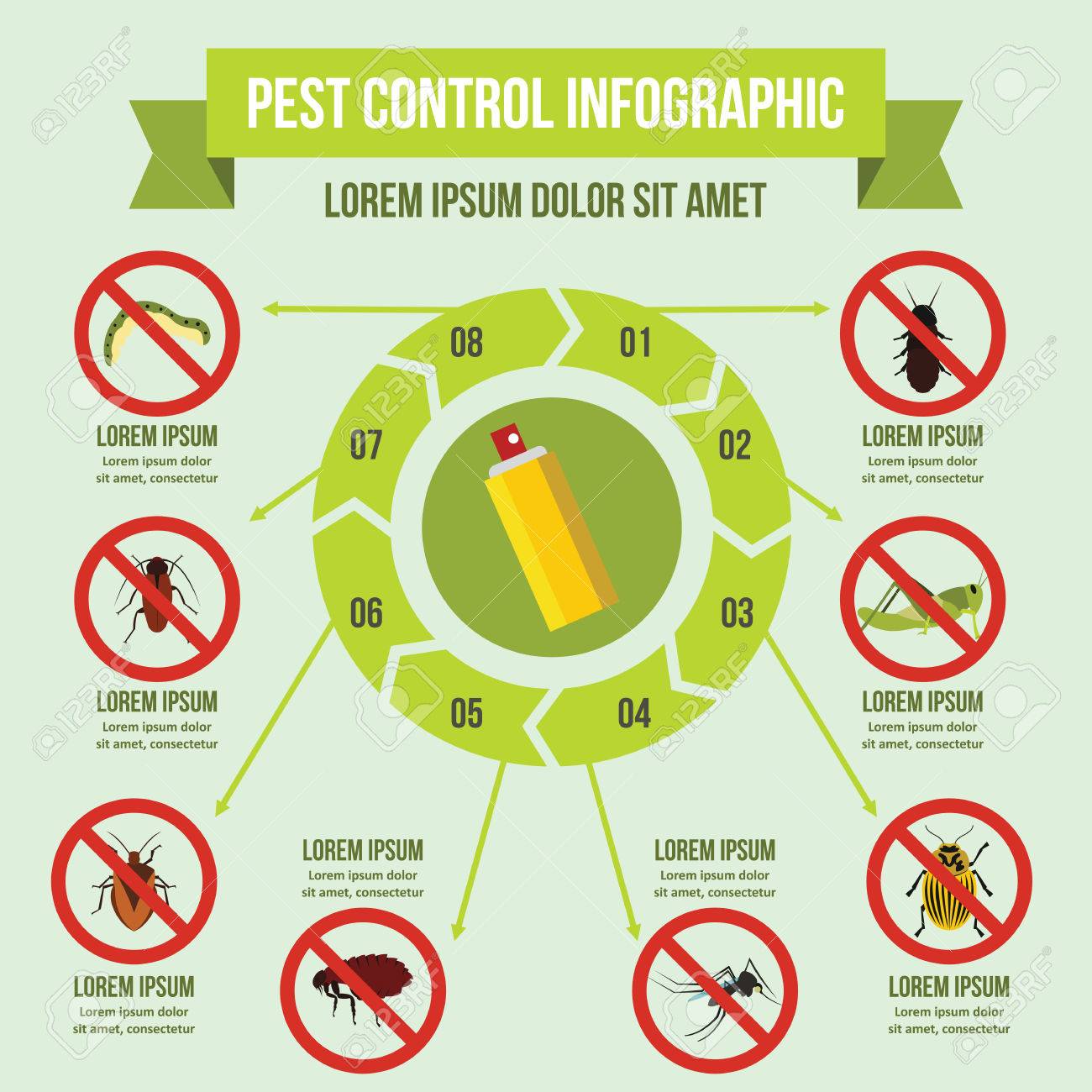Recognizing The Habits Of Rats: An Overview To Rat Control
Recognizing The Habits Of Rats: An Overview To Rat Control
Blog Article
Material By-King Lange
Have you ever wondered why rats seem to be so elusive and tough to manage? Understanding the habits of rats is essential to properly managing their populations.
By acquiring insight right into their communication patterns, feeding practices, and nesting and reproducing behavior, you can establish strategies that will certainly help you maintain these pesky rodents away.
So, allow's check out the interesting globe of rat behavior and find how this understanding can equip you in the fight against these unwanted home guests.
Communication Patterns
To understand rat actions, it is very important to study their communication patterns. Rats are extremely social creatures and depend on communication to survive and prosper in their setting. They utilize numerous kinds of interaction to convey info to other rats in their team.
One important element of rat communication is their articulations. Rats create a variety of noises, including squeaks, tweets, and babbling, which offer different purposes. These articulations can share worry, aggression, and even satisfaction.
In addition to articulations, rats likewise interact with body movement. They utilize their tails, ears, and postures to convey messages to various other rats. For instance, an upright and puffed-up pose may indicate supremacy, while a squashed position might indicate entry.
Feeding Habits
Rats' interaction patterns offer insight into their feeding practices. Comprehending exactly how rats feed can assist us much better manage their populaces. Right here are five bottom lines regarding their feeding behaviors:
- ** Omnivorous diet regimen: ** Rats are opportunistic eaters and will consume almost anything they stumble upon. From grains and fruits to meat and also waste, their diet plan is exceptionally varied.
- ** Hoarding habits: ** Rats have a natural reaction to hoard food. https://howtoremovearaccoonfromyo62839.nizarblog.com/24718997/handling-termite-infestations-gaining-understanding-into-the-hazard-and-readily-available-remedies 'll collect and store excess food in hidden spots for later intake, making it challenging to find and eliminate their food sources.
- ** please click the up coming article feeding: ** Rats are mainly nighttime animals, implying they're most energetic throughout the evening. They favor to feed under the cover of darkness when they really feel more secure and much less likely to come across killers.
- ** Water dependency: ** Rats call for a consistent resource of water to survive. They'll frequently choose water sources near their feeding locations, such as leaky pipes or open containers, to satisfy their hydration needs.
- ** Scavenging behavior: ** Rats are extremely experienced scavengers, which enables them to prosper in urban settings. They'll look for food in garbage bins, dumpsters, and various other locations where human waste is present.
Nesting and Reproduction Habits
Nesting and breeding habits in rats entails the creation of complex burrows and the establishment of ordered social structures.
Rats are understood for their ability to dig intricate systems of tunnels, which serve as their nests. These burrows offer sanctuary, defense, and a safe place for reproducing. The nesting actions of rats is driven by their impulse to discover a safe and comfy space for increasing their young.
Within these burrows, rats develop a hierarchical social structure, with dominant individuals occupying greater positions. This hierarchy figures out accessibility to resources such as food and mates.
Breeding actions in rats is defined by territoriality, with males competing for the possibility to mate with females.
Recognizing the nesting and breeding habits of rats is crucial for effective rat control techniques.
Conclusion
So, now you have a much better understanding of the complex world of rat habits. These smart creatures have distinct communication patterns and display fascinating feeding routines.
Their nesting and reproducing habits, while prolific, can be a delicate subject. By getting understanding right into their actions, we can approach rat control with even more empathy and effectiveness.
Bear in mind, attending to the visibility of these clever rats needs a nuanced strategy that values their all-natural instincts.
